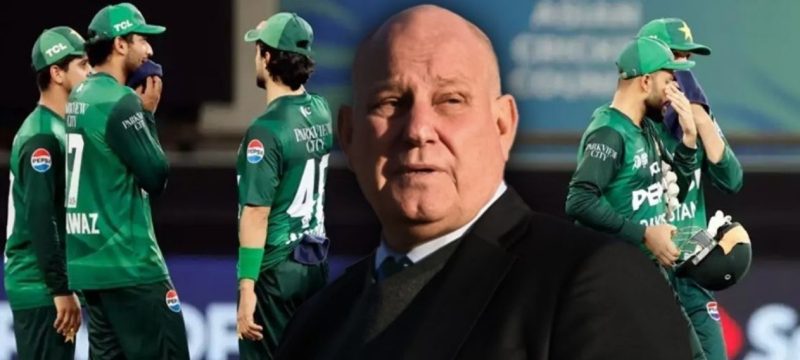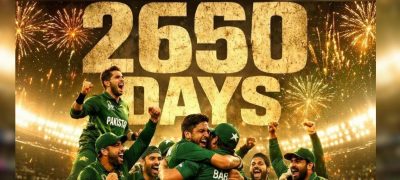The Asia Cup took an unexpected turn off the pitch. While cricket fans tuned in for on-field action, a seemingly small handshake snub between India and Pakistan spiraled into a diplomatic-style stand-off — and now, match referee Andy Pycroft is at the center of it all.
Cricket is more than just runs and wickets for Pakistan and India — it’s pride, perception, and symbolism. When Pakistan’s captain Salman Ali Agha was reportedly stopped from shaking hands with his Indian counterpart, social media erupted, accusing the ICC of double standards.
The Pakistan Cricket Board (PCB) later announced that Andy Pycroft, the ICC match referee, had apologised to the Pakistan captain and team manager, calling the incident “a miscommunication.” According to PCB, the apology came after Pakistan delayed their match against UAE and demanded Pycroft’s removal as referee.
However, things aren’t as clear as they seem. The only evidence released — a short, mute video of Pycroft speaking to the Pakistan camp — left fans more puzzled than reassured. Without audio, no one knows what was actually said, fueling speculation over whether the apology was genuine or just a formality.
Adding to the confusion, ICC insiders told media outlets that Pycroft had not admitted wrongdoing but had merely expressed regret for the “miscommunication.” The ICC maintains there was “no case to answer” against the veteran match referee.
For cricket lovers, the “handshake row” has overshadowed Asia Cup matches. What was meant to be a routine sporting gesture has turned into a mini-crisis of trust between players, officials, and fans.
Cricket thrives on rivalries, but it also survives on respect. Whether Andy Pycroft’s words were a heartfelt apology or just a procedural “sorry,” the episode is a reminder that gestures — especially in cricket’s most watched rivalry — carry weight far beyond the scoreboard.
In other news read more about Afghanistan bat first in decisive game against Sri Lanka









